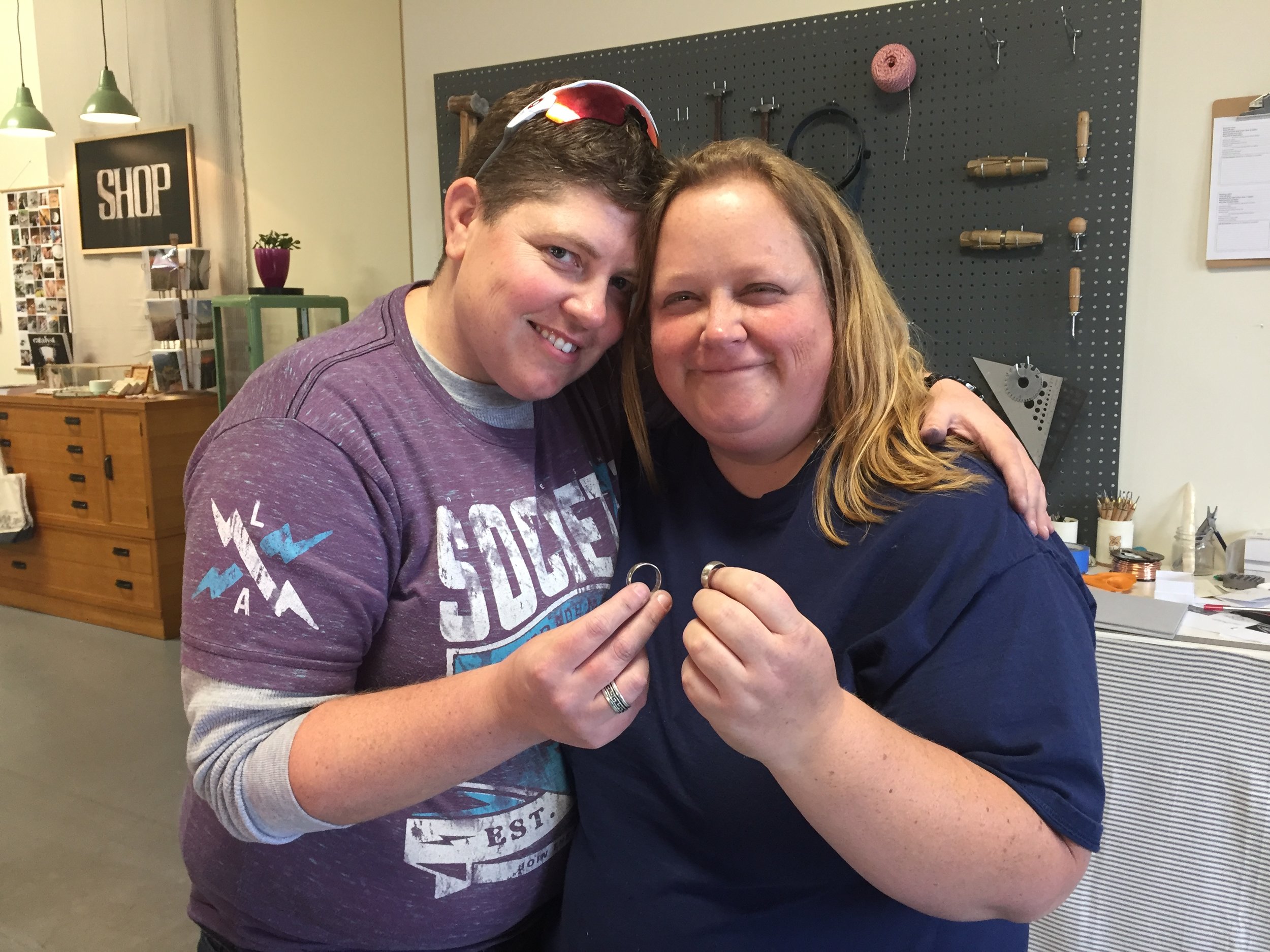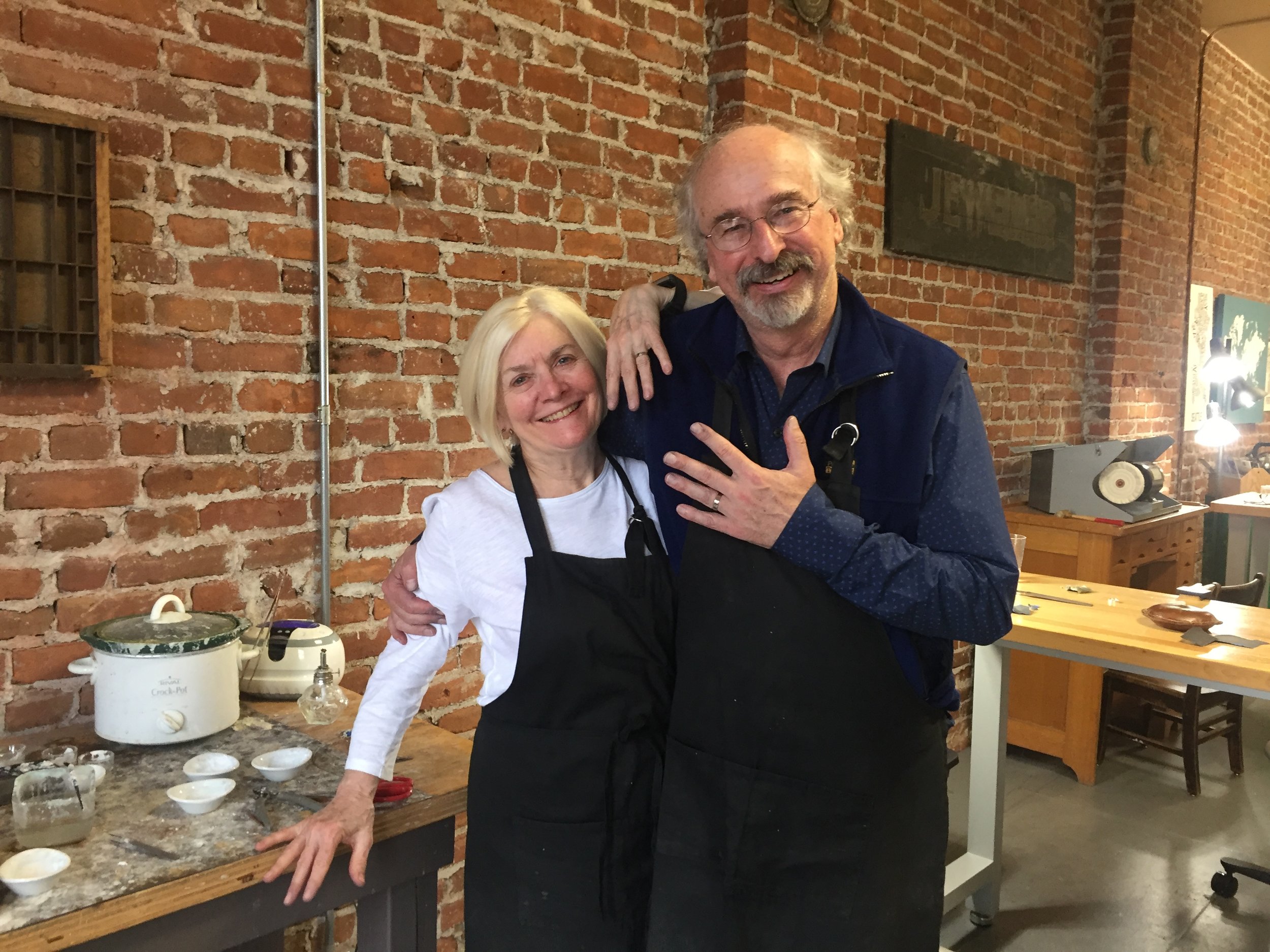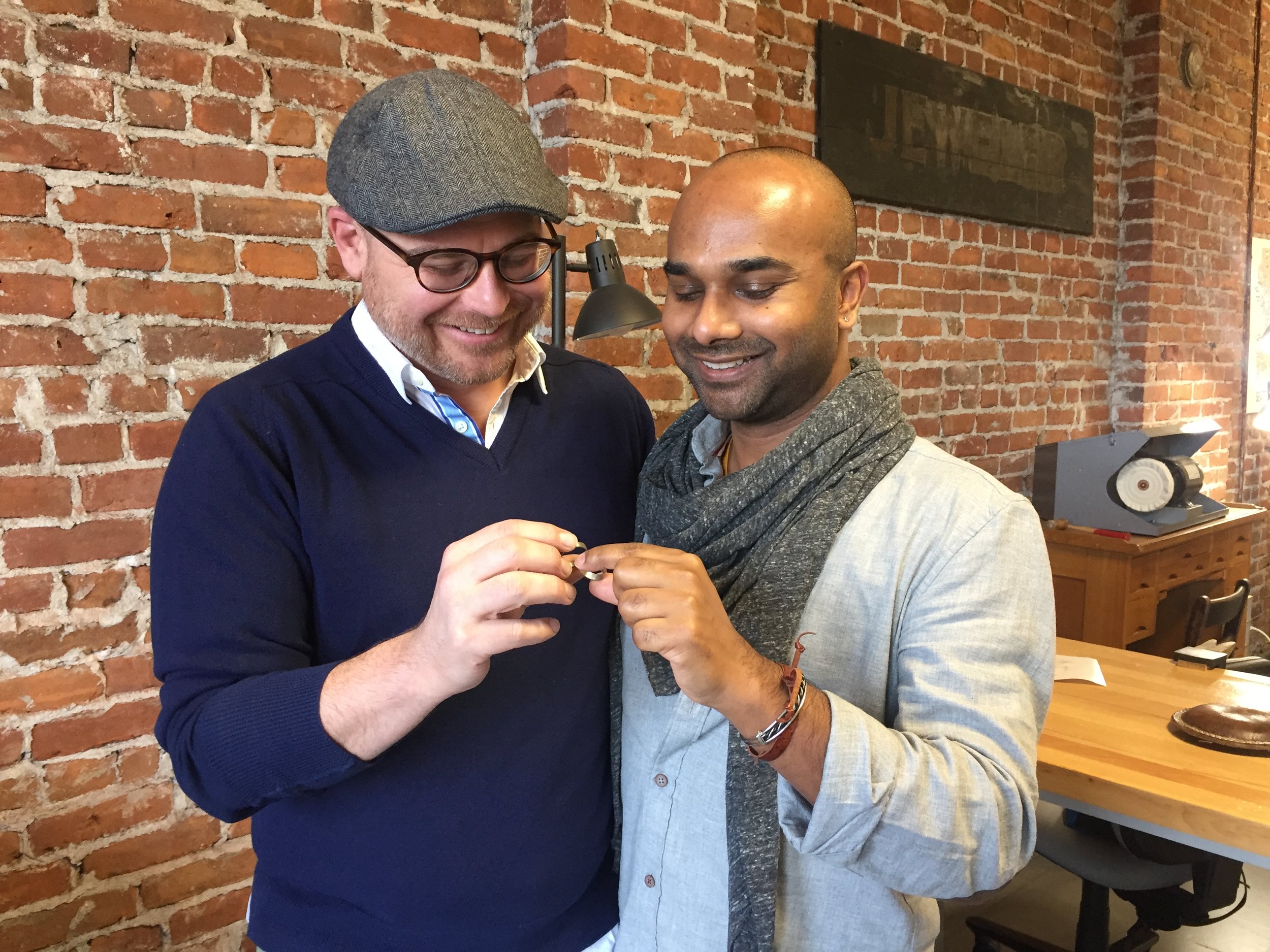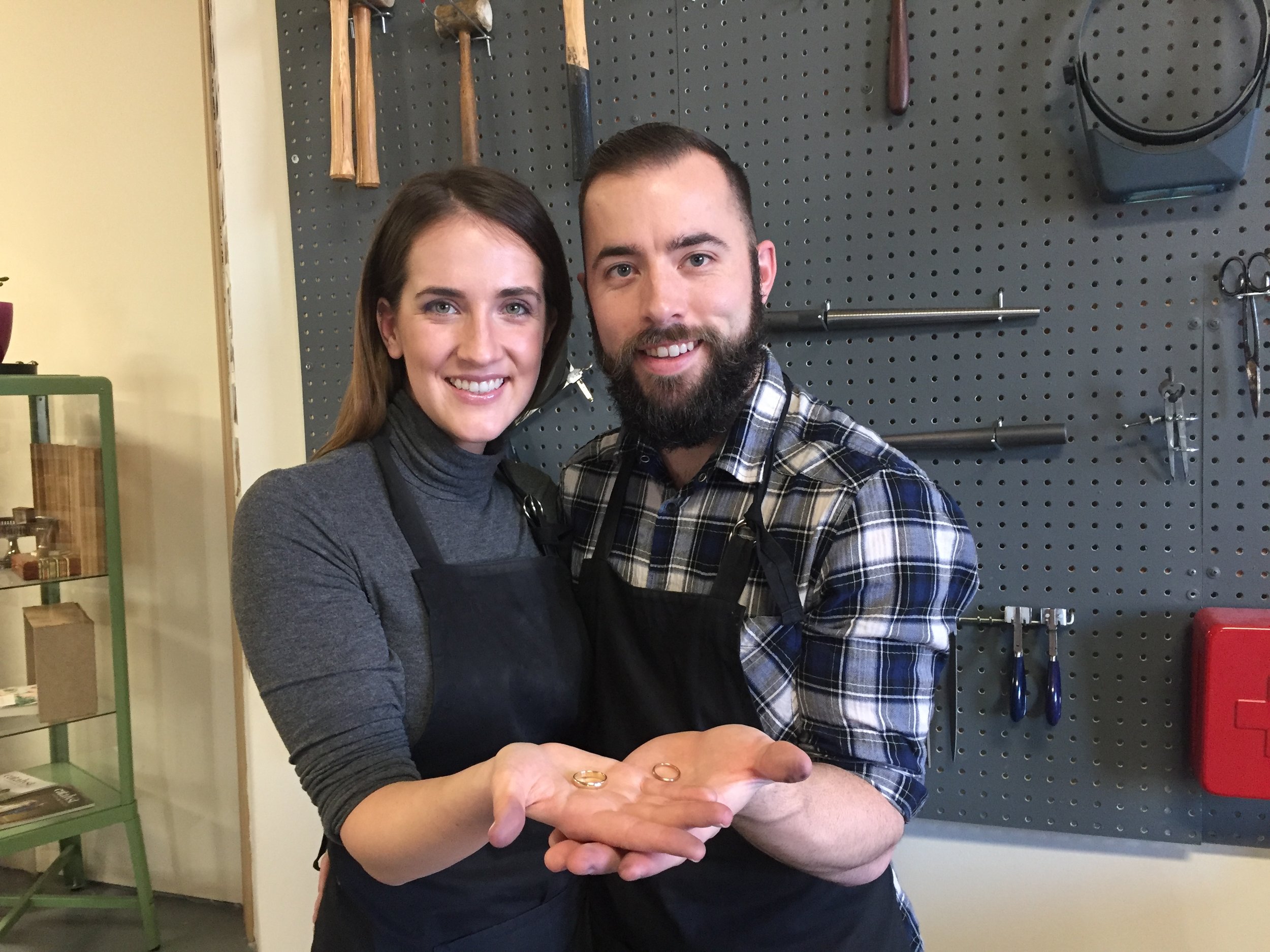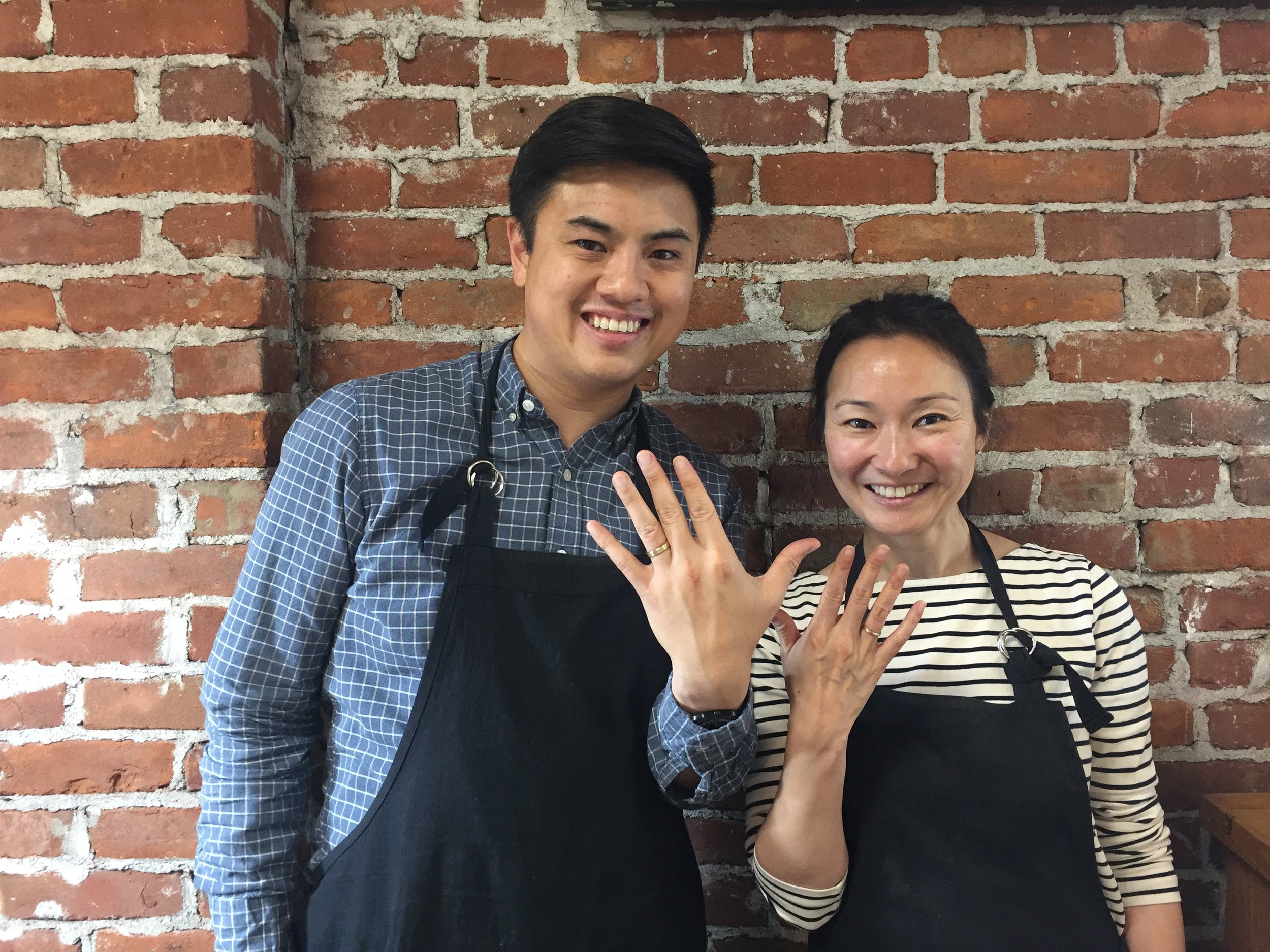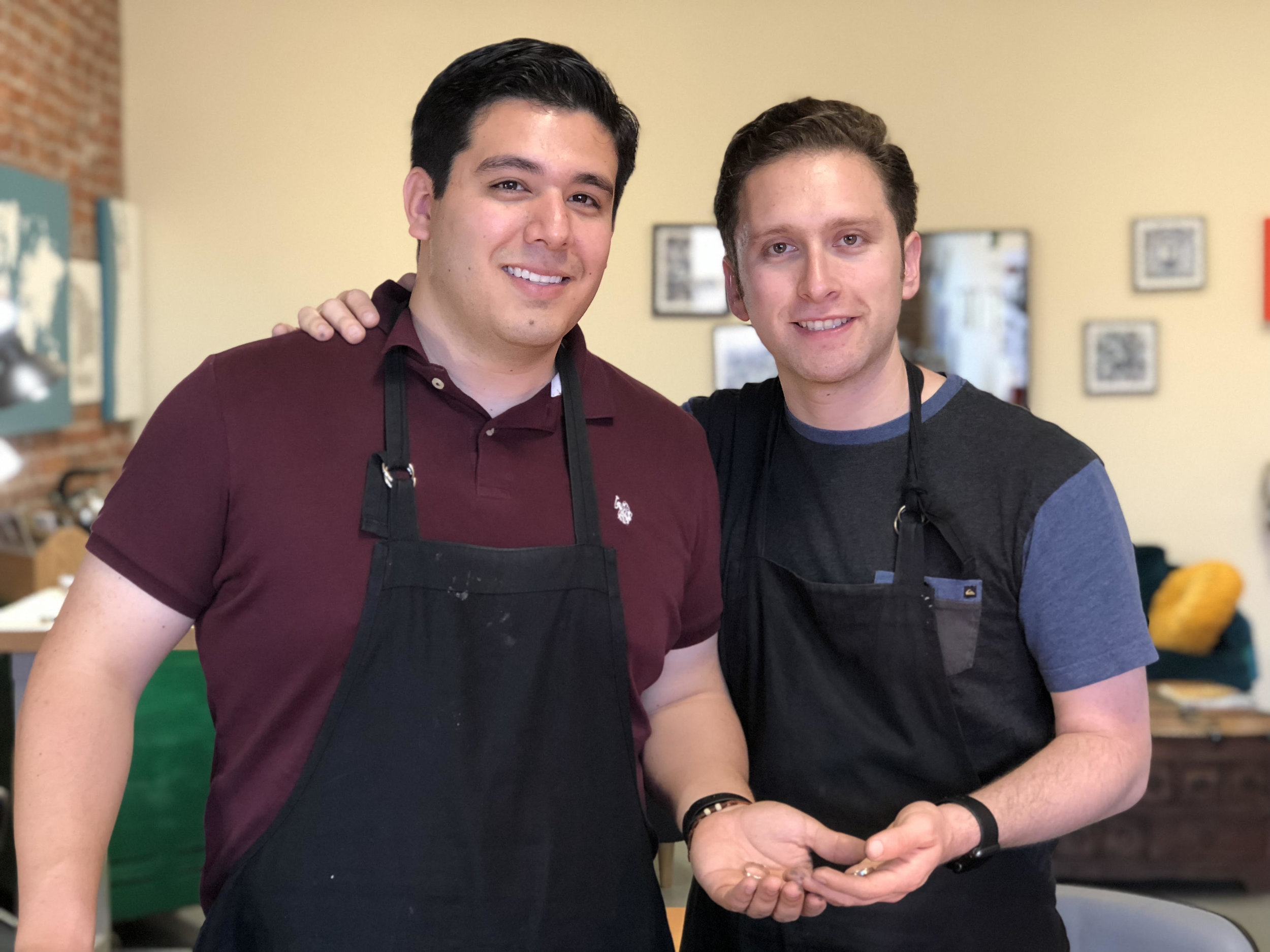“The more you celebrate your life, the more there is in life to celebrate.” - Oprah Winfrey
We should celebrate love whenever given the opportunity. In a world wrought with turmoil and hardened by divisiveness, there are so many ways to celebrate love whether you’re honoring self-love, friendship, family, or your significant other.
Whether you chose to honor the holiday with a romantic date night, dinner with friends or family, write a handwritten note expressing love, or to simply relax with a good book and a glass of wine, you’re honoring the essence of love in its many complexities.
This Valentine’s Day, I invite you to learn a little bit more about the history of the holiday. (It has a sordid and wild history dating back to ancient Rome involving sacrifice and brutality!) Perhaps by acknowledging the strange and confused history of the holiday, it will implore you to create your own traditions and spread love.
In ancient Rome a festival, the Feast of Lupercalia, was celebrated annually from February 13th to 15th. This incredibly brutal, drunken, and naked festival included sacrificing goats and dogs and beating young women with the animal hides with the insane belief it would make them fertile.
Later in Roman history, two men named Valentine were both executed by Emperor Claudius II. The men were both executed on February 14th, but in two different years in 3rd Century A.D. The two Valentines were considered martyrs by the Catholic Church and were celebrated with St. Valentine’s Day.
Sometime in the 5th century the Normans (Scandinavian Vikings who invaded England via Normandy, France) celebrated a holiday, Galatin’s Day, that translates to “lover of women”. It is widely believed that Galatin’s Day was confused with St. Valentine’s Day.
Valentine’s Day grew in popularity throughout Europe in the Middle Ages as it was referenced in classic works of Chaucer and Shakespeare and it became trendy to trade handmade paper cards.
Flash forward to 1913 and cue Hallmark. In Kansas City, MO, Hallmark began producing valentine’s cards in mass quantity, forever cementing the holiday into our culture.
Sources: NPR

